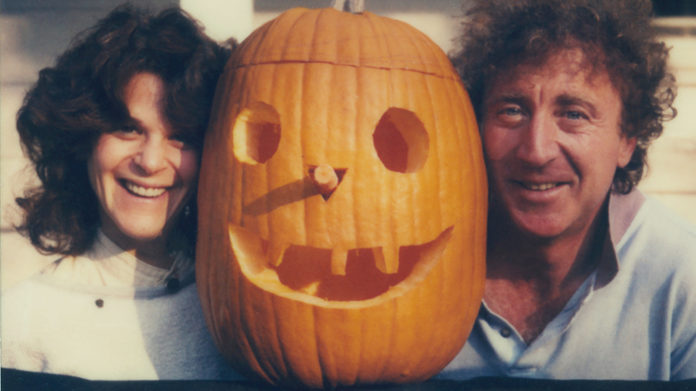
The great “Saturday Night Live” performers have always been more than funny. They’re up there to make you laugh, of course, but it’s the way they make you laugh — the manic expressive rock-star shine of their personality, and how it channels their comedic spirit. (That’s something you hold onto long after the laugh is over.) And no one on “Saturday Night Live” ever had a spirit that burned more brightly, or hilariously, than Gilda Radner.
She poured her essence — her very being — into every character she created, and she did it effortlessly, without fuss. When she played Judy Miller, the hyperactive Brownie who made up insanely self-directed TV fantasies in her bedroom, Radner seemed to be channeling her inner child — but that, in a larger sense, is what she did in every sketch. She didn’t just create characters. She became them, and invited the audience to share in the euphoria she felt in submerging, and exposing, herself.
“Love, Gilda,” Lisa D’Apolito’s exuberant and moving documentary portrait of Gilda Radner, which opened this year’s Tribeca Film Festival, is a movie that captures the fascinating evolution and awesome range of Radner’s talent — the dozens of lovingly, crazily etched characters she did on “SNL” (the dear old deaf crank Emily Litella, the head-cold nerd Lisa Loopner, the wildly cantankerous Roseanne Roseannadanna), and the way she hardly even needed to be playing a character; she could just be dancing with a hula hoop, and you felt the magic pull of her gift. In the early years, when Lorne Michaels had a two-and-a-half-minute space to fill that was too short for an official sketch, he would call on Radner to do a bit called “What Gilda Ate,” in which she simply riffed on what she had to eat that day. Just standing there in front of the camera, with no props or characters to hide behind, she had the audience eating out of her hand.
That may seem ironic in light of the revelations that would later come forth about her bulimia, but in fact, it’s not ironic at all. Radner was a sensualist who loved food; she also felt compelled, as a female celebrity of the late ’70s (and the first woman superstar of “Saturday Night Live”), to remain thin. The eating disorder that emerged from that conflict is captured, in “Love, Gilda,” with matter-of-fact honesty, but as serious as it was, it never shrouds Radner’s life force. Nothing does. The movie captures a woman who lived as if she never knew what was coming next. On stage, she went with the flow of her comic impulses, and off stage she went with the flow of her desire for bliss and comfort and salvation, and even with the flow of the cancer that killed her.
Forty years later,…










